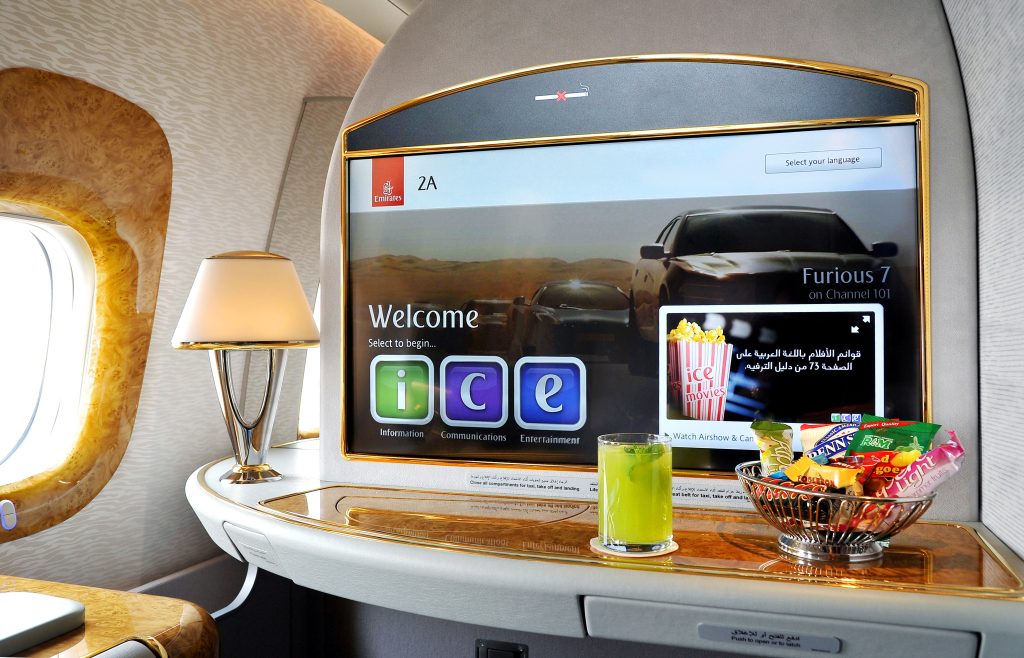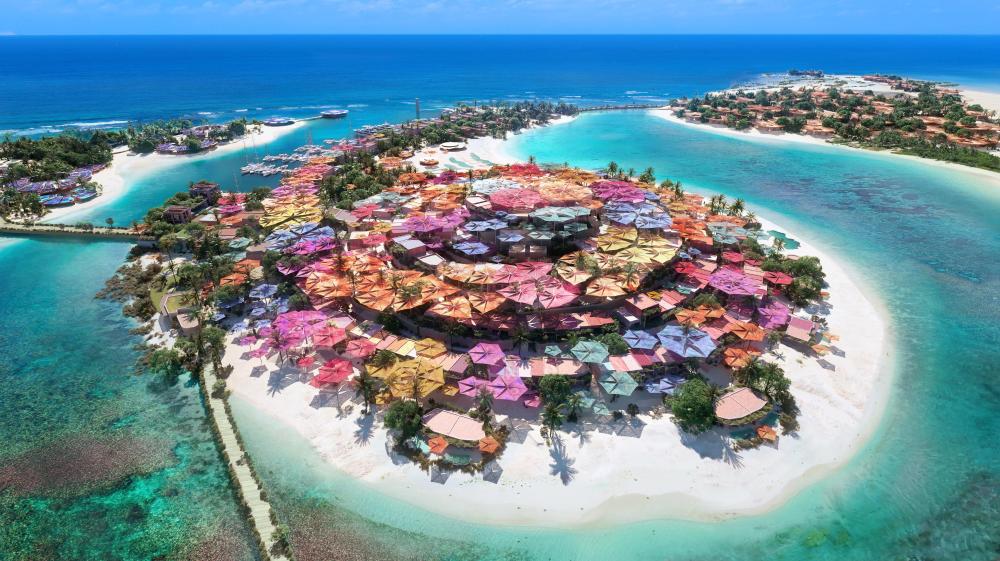As the clock strikes 12 on the new year, travel behaviour is expected to shift in an interesting direction whereby holidaymakers will be torn between recapturing classic holiday experiences and taking advantage of modern technological advancements.
The interesting fusion of old meets new was emphasised in the newly released Amadeus 2025 Travel Trends report compiled by the travel technology leader Amadeus with forecasting agency Globetrender.
According to the travel prophecy, five key trends will shape the travel landscape throughout 2025 and they vary from embracing 90s nostalgia to incorporating AI and seeking real life connections.
“After a year where change has become the backdrop to daily life, travellers are seeking a deeper connection to people and places more than ever,” said Daniel Batchelor, Amadeus’ VP of Global Corporate Marketing and Communications. “We’ll see a blend of old favorites and new immersive experiences, with one‑of‑a‑kind stays putting destinations on the map.”
On that note, here are the five key travel trends travel agents should prepare for ahead of 2025:
The 90s are back, baby!

You don’t need a crystal ball to see the 90s making a comeback. Simple step into your nearest shopping centre and you’ll find digital cameras are back in stock, low-rise jeans are in fashion and CDs are in demand.
Nostalgia is fuelling this rise of ‘New Heydays’, according to Amadeus, and it’s not just happening in everyday life – it’s taking over travel too.
According to the report, adults are keen to relive gap years, distant honeymoons, and childhood dreams. This will drive a resurgence of classic caravan and camping holidays as well as interest in ‘adult summer camps’ during which they can immerse themselves in hobbies and/or passions with likeminded travellers.
This is on par with Hilton’s 2025 predications that 58% of travellers with kids will revisit destinations for their own childhood.
Tapping into AI

While travellers may have a flair for the 90s, there’ll be no departure from the comfort and advantages of modern technology.
In 2025, travellers will lean into and expect access to advanced technology particularly in the air. According to the report, airlines will be expected to reach new heights of personalisation for the guests by utilising the power of smart tech.
“Although many passengers consume content on their own devices, airlines are upping the ante by combining algorithmic entertainment with hyper-personalized in-flight systems that deliver box-fresh content – from movies and TV series to adverts and things to buy – that are tailored to the individual flyer, based on their historic preferences [as loyalty scheme members],” the report read.
Flyers will also expect access to high-speed Wi-Fi so that they can stream their favourite movies and shows as effortlessly as they would at home.
Hotel destinations

Much like Saudi Arabia’s Red Sea project, hotels of 2025 are expected to become destinations in amongst themselves.
While once a place to drop off luggage and sleep, hotels will increasingly immerse guests by bringing local culture, history and surrounding natural beauty to them.
‘Trailblazing hotels’, as they’re described, are already popping up in places like Lake Como where the Marriott International is designed to replicate a 19th century Italian mansion.
Renewed interest in Asia

Asia’s cultural treasures are on the desire list for travellers in 2025, according to the Amadeus report.
Countries such as China, Thailand, Japan and South Korea, will be top of the list for travellers globally thanks to new visa-free programs and pop culture!
Yes, shows like The White Lotus, Squid Game (interestingly) and Shōgun will contribute to the renewed interest in Asia in the coming year.
According to IATA, Asia Pacific will record the fastest rise in visitor numbers and contribute to more than half of the net increase in global passenger numbers by 2043.
Ditching apps for real connections

Dating apps have officially done it. They’re so bad, they’ve driven people back into finding romance in real life!
According to the report, digital fatigue will see travellers ditching apps next year, in favour of hitting the road and making real connections.
Solo leisure travel is expected to continue rising over the next 12 months, after seeing a 15.6% rise in 2023 and 9.2% increase in 2024.
The Middle East is sure to benefit from this steady growth in solo holidays, especially as it’s a region of desire amongst solo female-travellers.





